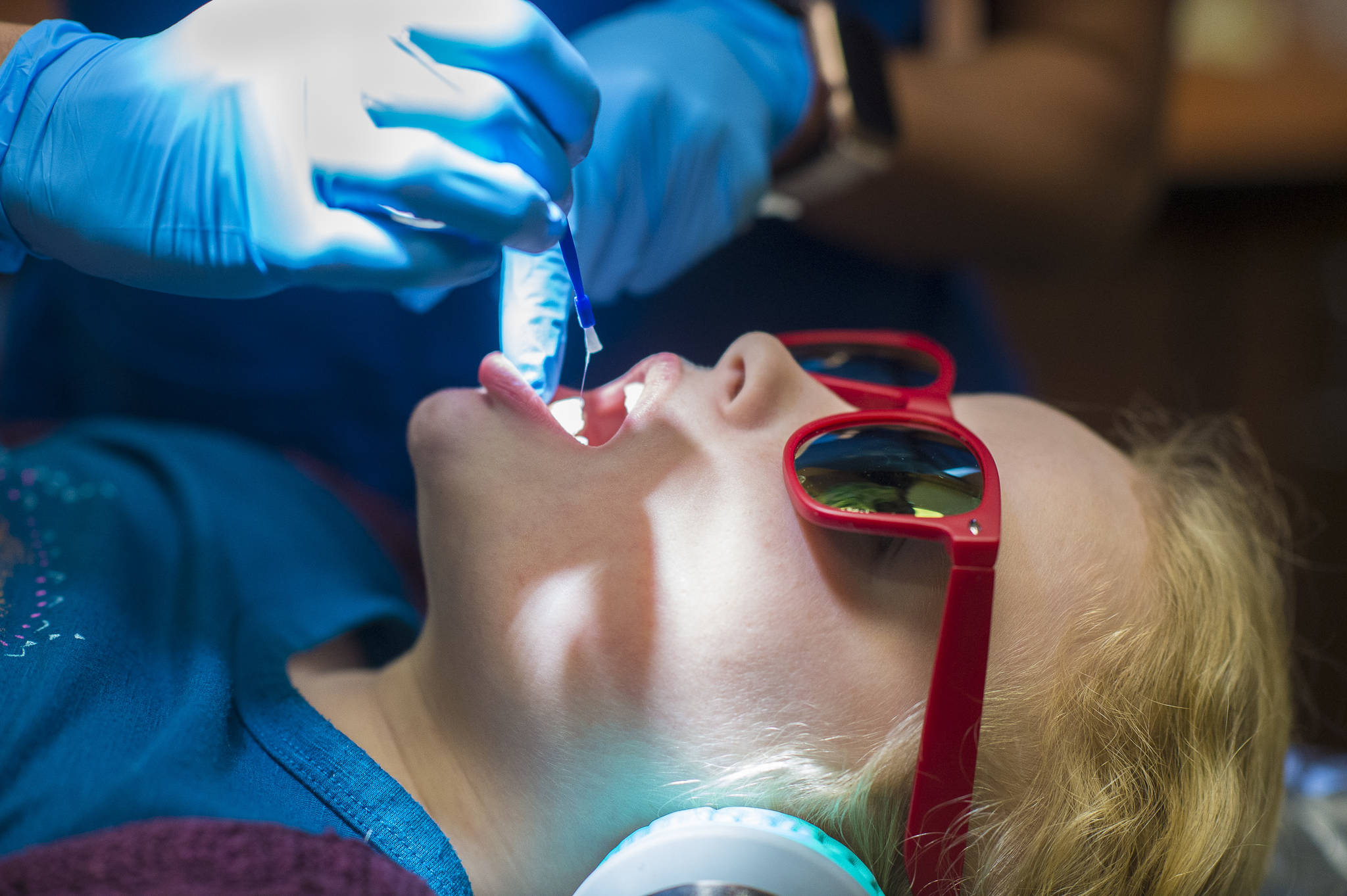While fluoridation of the municipal water supply in Juneau has been a dead issue since it was resoundingly defeated in a 2007 referendum, a recent study reported in the Empire and elsewhere has resurrected it. This study found an increase in the number of dental carie (cavity) procedures in Juneau Medicaid recipients under 7 years of age in 2012 as opposed to 2003. It found no statistically significant increase in the number of procedures in older children.
Even the authors admit this study is limited in scope, since it covers only two single years, nine years apart. It fails to account for any other factors besides fluoridation that might have contributed to an increase in carie treatment under Medicaid. Most notably, the measure of tooth decay in the study was Medicaid reimbursement rates and procedures, yet the study made no attempt to account for changes in Medicaid coverage between the two years. This is huge.
It is entirely possible that the increase in dental carie procedures was not due to more cavities from lack of fluoride, but to more aggressive treatment of borderline cases that may not have been treated previously. If Medicaid increased their reimbursement rates or made it easier for dentists to obtain Medicaid reimbursements, then dentists might bill more treatments to Medicaid.
[Opinion: Ending Juneau’s water fluoride program was a mistake]
The paper admits changes in reimbursement rates when it notes: “According to retired State Dental Chief Dr. Whistler … Medicaid made adjustments in the form of increases for dental claims CDT codes in 2009 and 2010, which may have resulted in Medicaid reimbursement increases even without the provision of more services.”
Remember this study is not measuring the actual amount of tooth decay, but the number and cost of dental caries procedures reimbursed under Medicaid. The failure to account for the impact of changes in Medicaid reimbursement seriously undermines the study’s results and conclusions.
Whatever you think about this or any study, the discussion about fluoridation in Juneau was never solely about potential benefits of putting fluoride in the water. It was about weighing those benefits against the potential risks, especially to specific subsets of the population, such as infants and the elderly.
It was about whether the water supply is the best way to administer fluoride, given that its benefit is primarily topical and fluoride toothpaste and gels are universally available to those who want them. And it was about the public’s right to choose whether to ingest fluoride, since the municipal water supply belongs to all of us and we all have a right to clean drinking water.
[Opinion: 53 packs of tortillas]
If fluoride was some utterly benign substance that impacted only teeth, it would be one thing. It isn’t. There is credible research indicating fluoride is a neurotoxin that impacts the developing brains of fetuses and infants. It can affect the thyroid gland in doses close to those recommended in fluoridated water. Research shows it can cause arthritic symptoms and bone fractures. There is a reason every tube of fluoride toothpaste sold in this country has a poison warning label that starts by saying “do not swallow.”
In 2007 there was robust debate about all these issues. Fluoridation proponents spent more than $160,000 to make their case, outspending opponents 20-1. The public was not convinced. The proposition was overwhelmingly rejected 61-37 percent.
This recent study was newsworthy, mostly because it was about our own town. However, given the study’s serious limitations and the fact that Juneau thoroughly considered the issue and came to a clear conclusion, it is unlikely that an attempt to resurrect fluoridation is in the cards — nor should it be.
Let’s focus instead on those things we agree improve dental health: good nutrition, proper dental hygiene, sealants and fluoride treatments when appropriate. We can encourage education and adoption of these proven measures in our homes and in our schools, and leave the issue of fluoridating Juneau’s water in its grave where it belongs.
• David Ottoson is a resident of Juneau. My Turns and Letters to the Editor represent the view of the author, not the view of the Juneau Empire.

